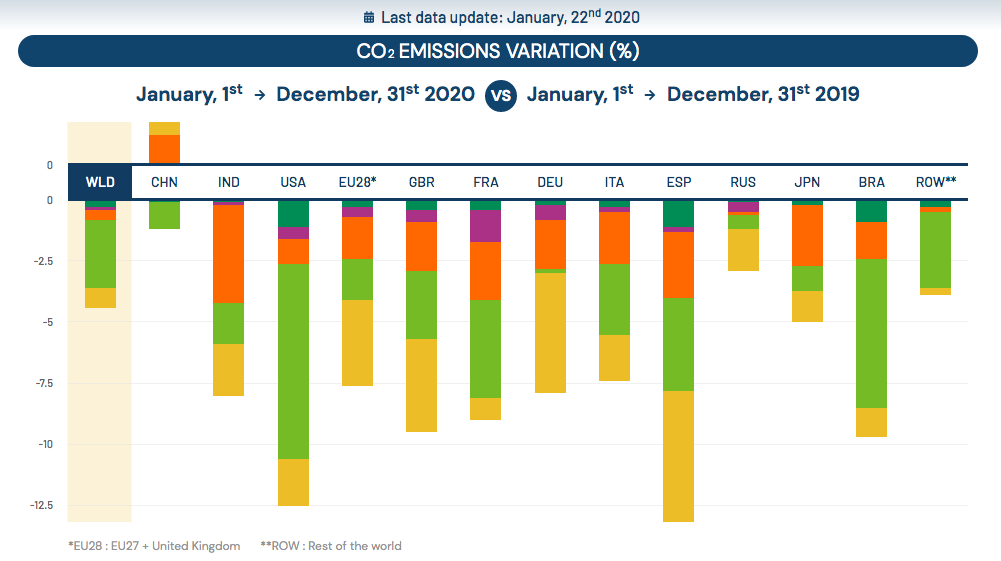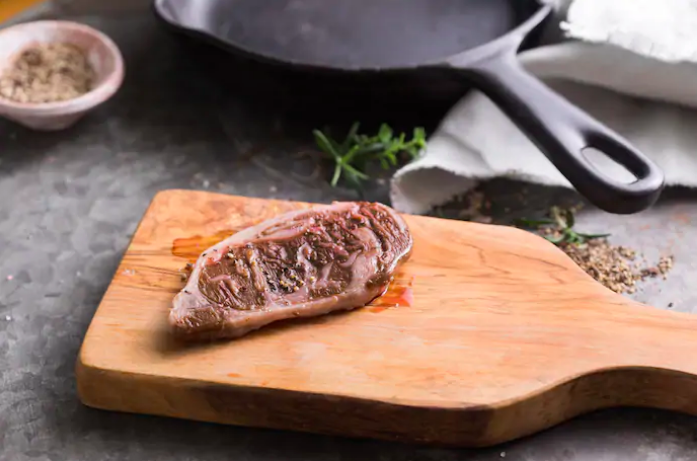Volcanoes are erupting in The Philippines, but on-fire Australia received some welcome rain. The Iran war cries have been called off and The Donald’s military powers are about to be hamstrung by the Senate. Meanwhile, his impeachment trial is starting, and we’re all on Twitter for a front-row seat.
Voting Is Getting Better
Mail-in voting is one of the factors that led to the largest voter turnout in 100 years.
This is an extract from our now-weekly newsletter, What Could Go Right? Sign up here to receive it in your inbox every Thursday at 6am. You can read the full newsletter here.
The 2020 election turnout percentage, at over 66%, was a number the US hadn’t seen for over 100 years. (The 1908 election of William Taft punched in at around 65%.) One of the reasons? The ease of mail-in voting. Now those interim measures that were put in place for the pandemic might be here to stay. We’re hoping this means that one day we’ll see our turnout look more like Sweden’s (over 80%).
On Monday the Brennan Center for Justice released their roundup of 2021 voting laws. It’s not all sunshine and roses—33 states have “introduced, prefiled, or carried over” 165 bills that would restrict voting access. But there are also 37 states with a whopping 541 bills that would expand voting access. There’s big energy especially in the Northeast: 125 of the bills are from New York and New Jersey alone. (Guys, why didn’t you invite Connecticut?)
One of the critiques we hear about focusing too much on progress is that it lulls people into a false sense of complacency. To satisfy those critics, then, especially if you live in Arizona, Pennsylvania, Georgia, or New Hampshire, consider those restrictive bills put on your radar.
But we also want to celebrate the bills that would expand voting access, including:
- Permitting by-mail voting
- Allowing voters to fix technical errors that might result in their ballot being tossed
- Requiring the state to provide mail ballot drop boxes
- Extending the mail-in deadline
- Starting to process mail-in votes before Election Day (including in, ahem, Pennsylvania . . .)
- Extending the early voting period
- Increasing the number of early voting sites
- Adopting automatic, same-day, and online voter registration
We only have so much space here, but this is the comprehensive list. Especially if you were concerned during the election about the debate over how states allocate their presidential electors, we’d advise scrolling to the end to review some states’ proposed changes.
Have we reached peak emissions? It’s a tantalizing thought, and one that TPN Member Ted Nordhaus has bet on (with the proceeds going to charity). His argument is, essentially, slow economic recovery + falling cost of clean energy + technological change = peak emissions reached in 2019, a destination that sans pandemic we would have likely hit in the mid-2020s. Here’s the argument for and against in podcast form. Peak or no, we have a long way to go on the road to “deep decarbonization.” On the way, it’s wild to see the 2020 emissions decline visually:

On the climate front, we also recommend an essay, “The Coming Avocado Politics,” from The Breakthrough Institute’s new journal issue, that warns of what might happen when the climate catastrophism narrative meets ethno-nationalist politics. (It’s a long piece but worthwhile, so bookmark it for when you have some time.) We’re adding its points to the list of reasons why assuming our planetary doom is inevitable is not doing us any favors. We’ll be speaking about that with Ted, along with TPN Member Bina Venkataraman, on March 11. Join us!

The clean meat revolution is coming! Yet another thing we’re waiting on FDA approval for: this 3D bio-printed ribeye steak, from Israeli company Aleph Farms. We covered Singapore’s move in December to be the first in the world to approve “clean meat”—lab-grown chicken nuggets.
From us: TPN Members Andrew J. Bacevich and Anne-Marie Slaughter lent their insights last month on what we might think of as a new foreign policy, one that has adapted to the shifts that occurred during the Trump years, favors diplomacy over militarism, and understands the modern threats we face as a globe. Read more about the international approach they suggest President Biden takes.
The pandemic brought an exodus from big cities at the same time as reimagined living conditions for those who stayed—and plenty of new challenges as well. Join us on February 25 for a conversation with Penny Abeywardena, NYC’s Commissioner of International Affairs, and Richard Florida, one of the world’s leading urbanists, as they talk about which pandemic effects have been overstated and which are likely permanent.


